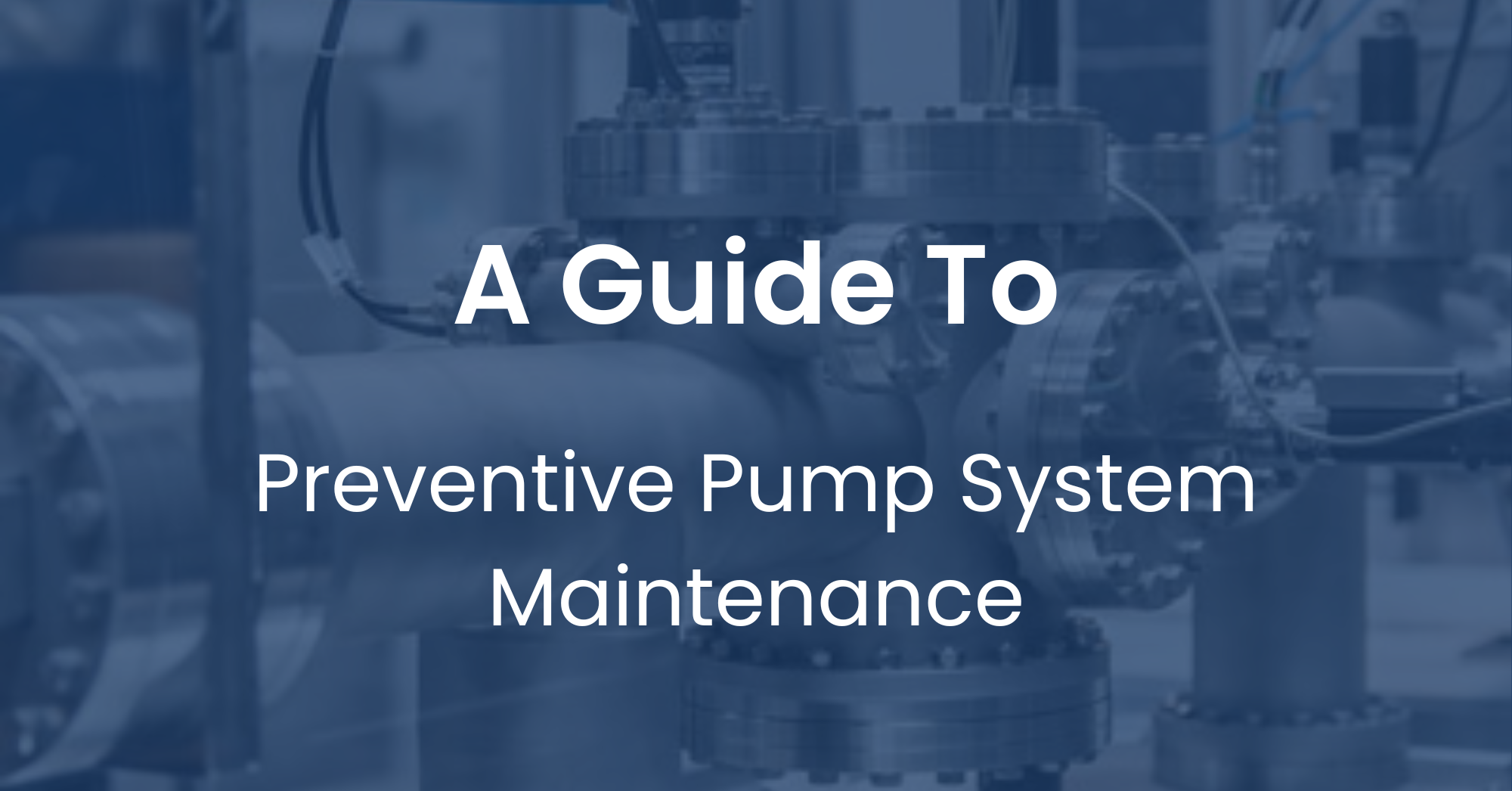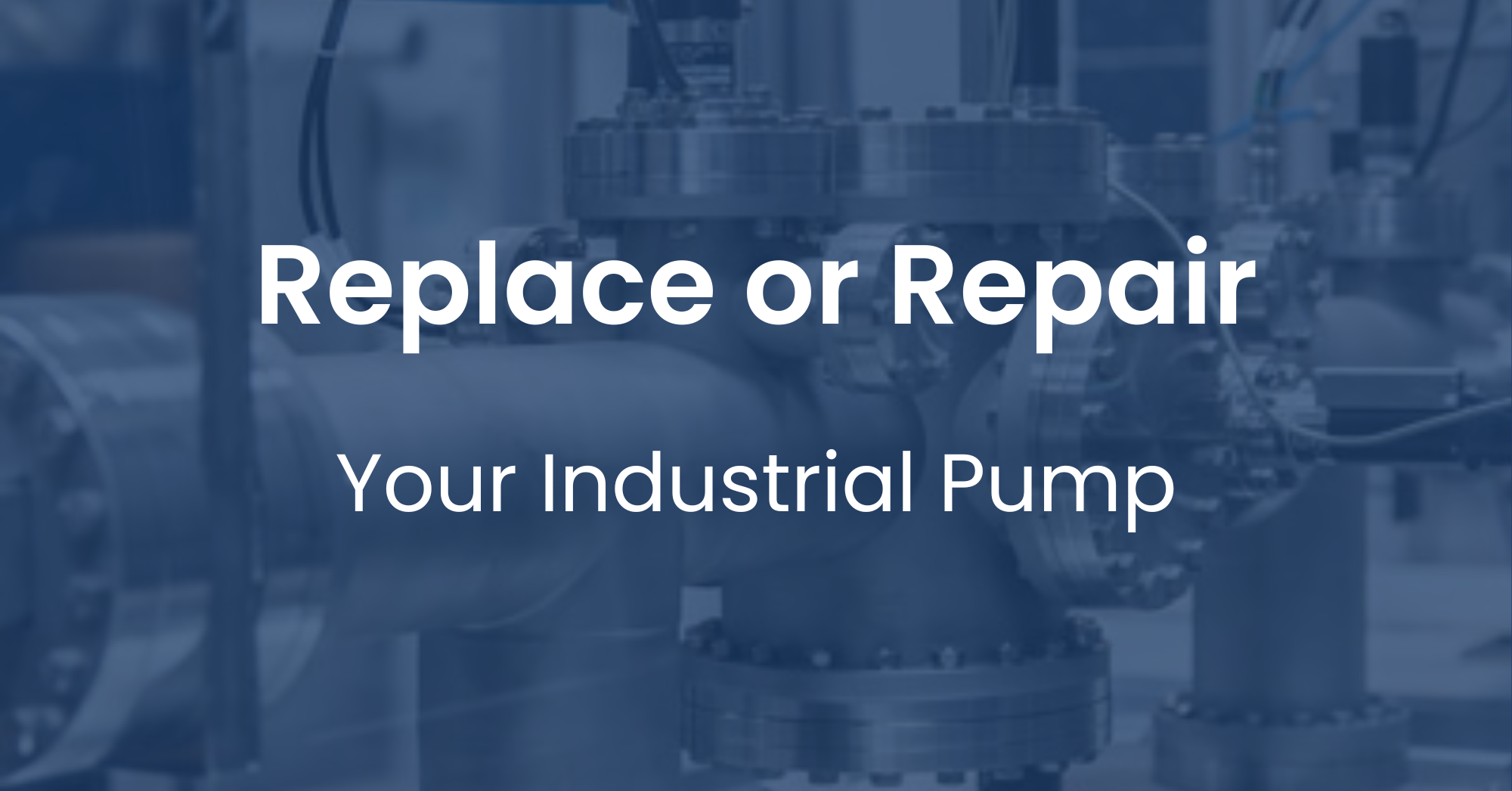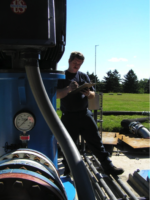Navigating Pump Cavitation: Causes, Symptoms, Diagnosis, and Solutions
Pump cavitation is one of the more serious issues that can occur with a pump. Cavitation can result in damaged components, operational inefficiencies, overheating, safety issues, unplanned downtime, and other issues. What are the causes of pump cavitation, and why does it happen? What are the main symptoms of cavitation, and how is pump cavitation diagnosed? Finally, what is the best solution for this problem?
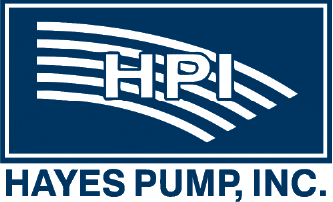



-3.png)
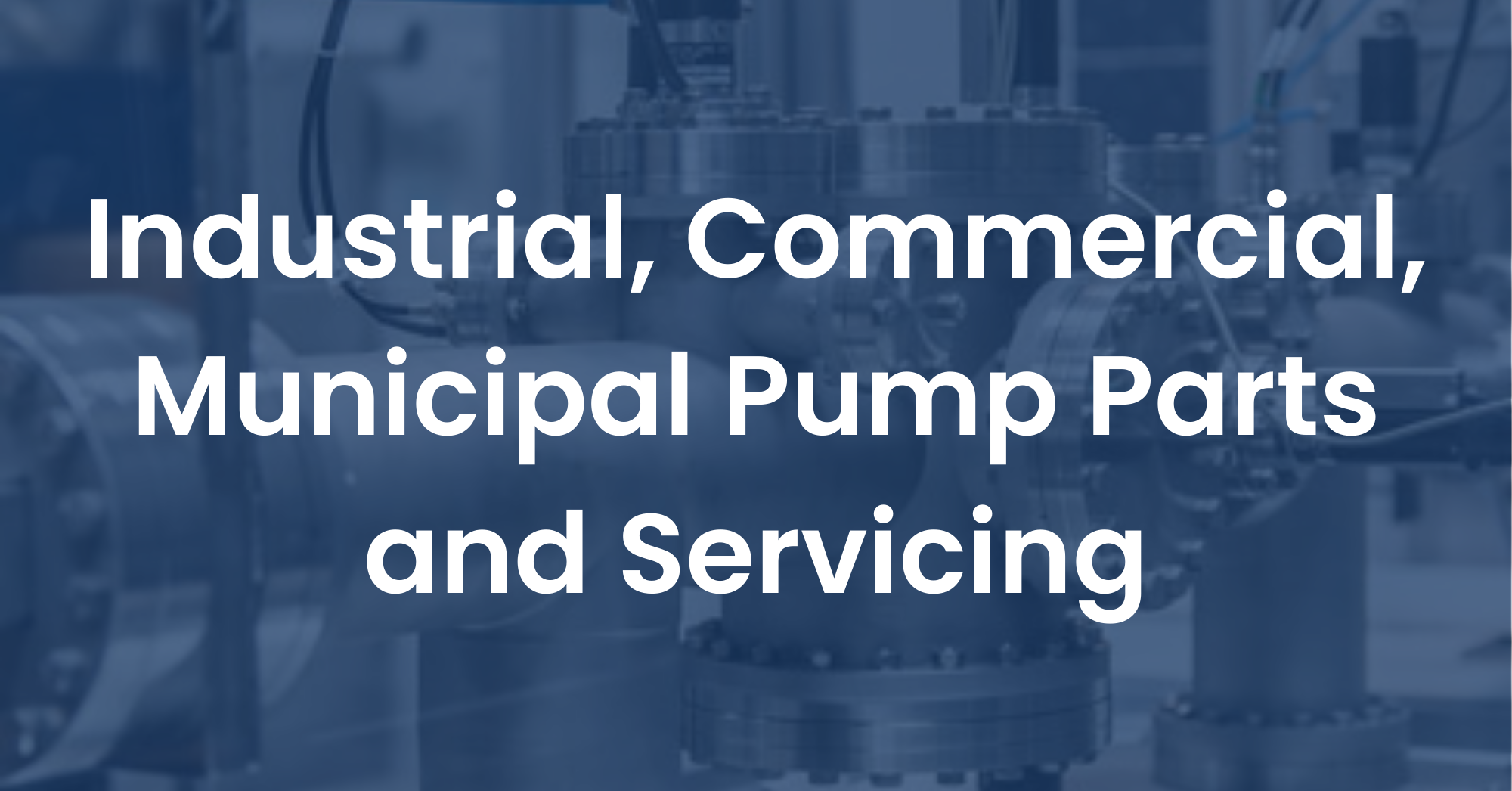
-3.png)
-2.png)
.png)
